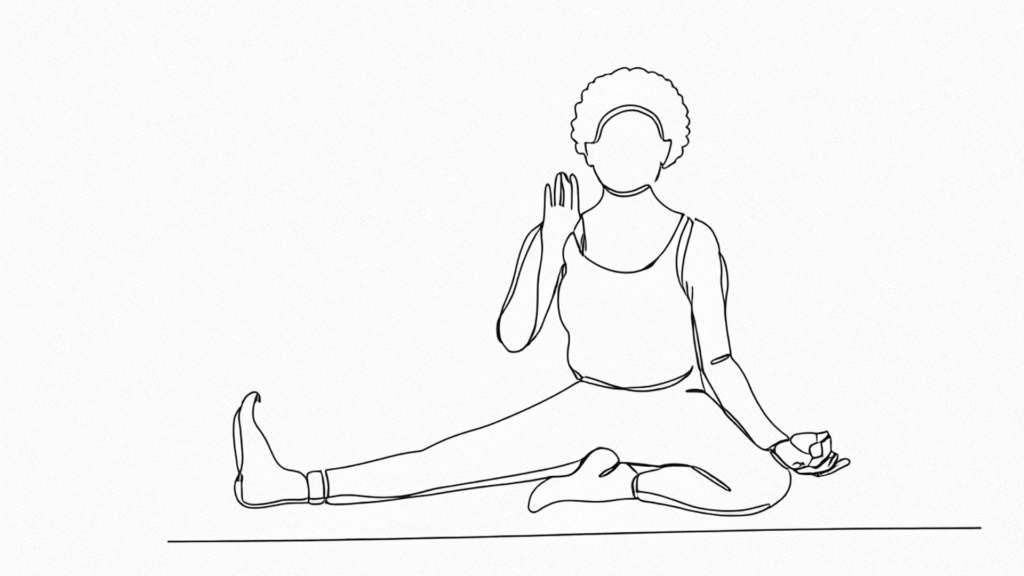
Mindfulness, the practice of being fully present in the moment and cultivating awareness without judgment, has gained significant attention in recent years for its potential benefits for individuals of all ages, including seniors. For older adults, mindfulness offers a powerful tool to improve mental and emotional well-being. As people age, they often face challenges such as memory loss, physical ailments, and emotional stress. By engaging in mindfulness practices, seniors can develop greater awareness of their thoughts and feelings, helping to reduce anxiety, improve emotional regulation, and enhance their overall quality of life.
One of the key benefits of mindfulness for seniors is its ability to reduce stress and anxiety. Many older adults experience heightened levels of stress, often due to life changes such as retirement, health concerns, or the loss of loved ones. Mindfulness can help seniors focus on the present moment, rather than worrying about the past or future, which in turn helps them manage stress more effectively. Studies have shown that practicing mindfulness can lower cortisol levels, the hormone associated with stress, and improve emotional resilience, allowing seniors to better cope with the challenges they face.

In addition to emotional benefits, mindfulness has been shown to have positive effects on cognitive function in older adults. Mindfulness practices such as meditation and deep breathing exercises can improve attention, memory, and concentration by promoting brain plasticity. Regular mindfulness practice may help slow cognitive decline, which is a concern for many seniors as they age. Engaging in mindfulness can help enhance brain function by encouraging mental clarity, focus, and a sense of calm, all of which contribute to healthier cognitive aging.
Mindfulness can improve seniors’ physical health by promoting relaxation and reducing the physical symptoms associated with stress. Chronic pain, insomnia, and high blood pressure are common issues among older adults, and mindfulness techniques can help alleviate these conditions. By practicing mindfulness, seniors can lower blood pressure, enhance immune function, and improve sleep quality. In addition, mindfulness encourages seniors to listen to their bodies more closely, helping them identify and respond to physical discomfort in healthier ways. As a result, incorporating mindfulness into their daily routine can contribute to improved physical health and a greater sense of well-being.
When you purchase through links on our site, we may earn an affiliate commission.


